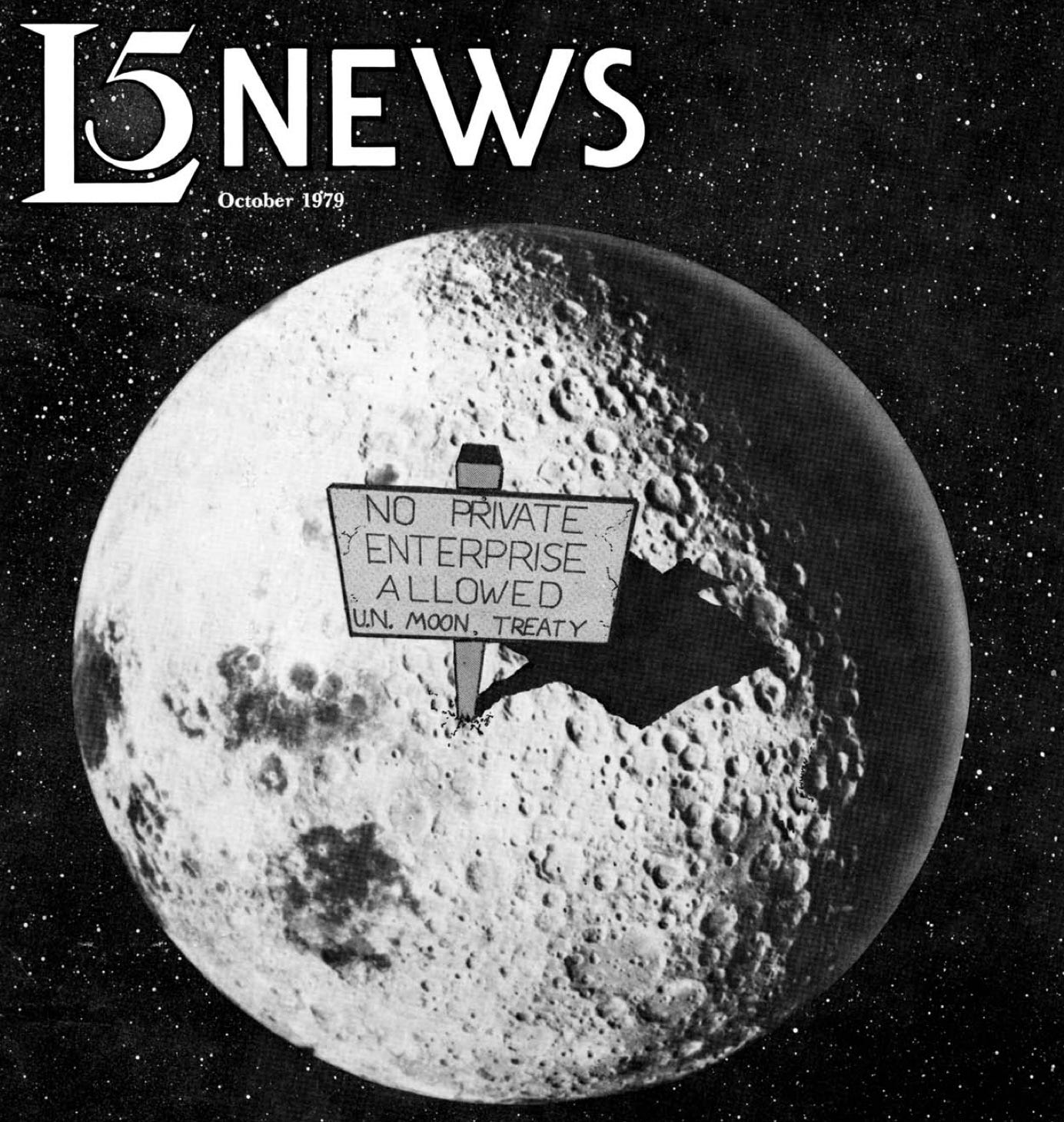Common Heritage Concerns have no Clothes?
The Moon Treaty was never signed by any of the major space powers. Though it has 18 signatories including India, France and Australia, in my experience it is often treated as a political “untouchable”: the inclusion of the common heritage principle is a non-starter that could never be commensurate with a market economy; the common heritage principle implies a communist approach to property (centrally owned by the government for all) advocated by the Soviets, disallows commercial activity, and is of course unacceptable to the United States.
Other more technical objections include a concern that the Moon Treaty categorically limits space resource activities to scientific purposes, and/or that signing the Moon Treaty would have created a moratorium on space resource activities until an international framework was adopted. A 2020 US Executive Order had some emphatic foot stomping about this, asserting that “the United States does not consider the Moon Agreement to be an effective or necessary instrument” and, just for avoidance of doubt, that “Secretary of State shall object to any attempt by any other state or international organization to treat the Moon Agreement as reflecting or otherwise expressing customary international law.”
The Digest of United States Practice in International Law provides “a historical record of the views and practice of the Government of the United States… in international law.” There is an excellent collection of records regarding the US role in drafting and discussions surrounding the Moon Treaty, especially from 1979. This post is not particularly an advocation for, nor an attempt even to interpret, the Moon Treaty. It is a review of interesting historical documents that suggest the full story, as usual, is quite a lot richer than I had appreciated.
Turns out, it was the US who originally introduced the common heritage principle into the Moon Treaty:
… and it was the USSR that objected!
Even back in 1979, the US position was already that the non-appropriation principle of the Outer Space Treaty “applies to the natural resources of celestial bodies only when such resources are ‘in place.’”:
The US was quite explicit that the interpretation of the CHP was to be found in the treaty itself (especially after the USSR introduced explicit language to that effect).
Also that there was no “implied moratorium” on space resource activities in advance of a regime:
And that the US would under no circumstances be obligated to agree to a negotiated regime if it found the terms unfavorable.
In the end, it was lobbying by L5 Society that ultimately killed the US relationship to the treaty. Concerned that the treaty requires “establishment of an international regime… before exploitation of natural resources from space becomes feasible” they recognized the formal US interpretation but suggested that it “contradicted” the treaty language. With some emphasis, they state that, “in addition to limiting the ‘use’ and forbidding the ‘exploitation’ of natural resources from space, the Moon Treaty goes to great lengths to deny any possible legal entity the capacity of owning any part of these resources.” (src).
Seems that was the end of that— although today with countries, like Australia, being a signatory to both the Moon Treaty and the Artemis Accords, we may well see a resurgence of analysis and interpretation of the Moon Treaty’s application to modern activities.









